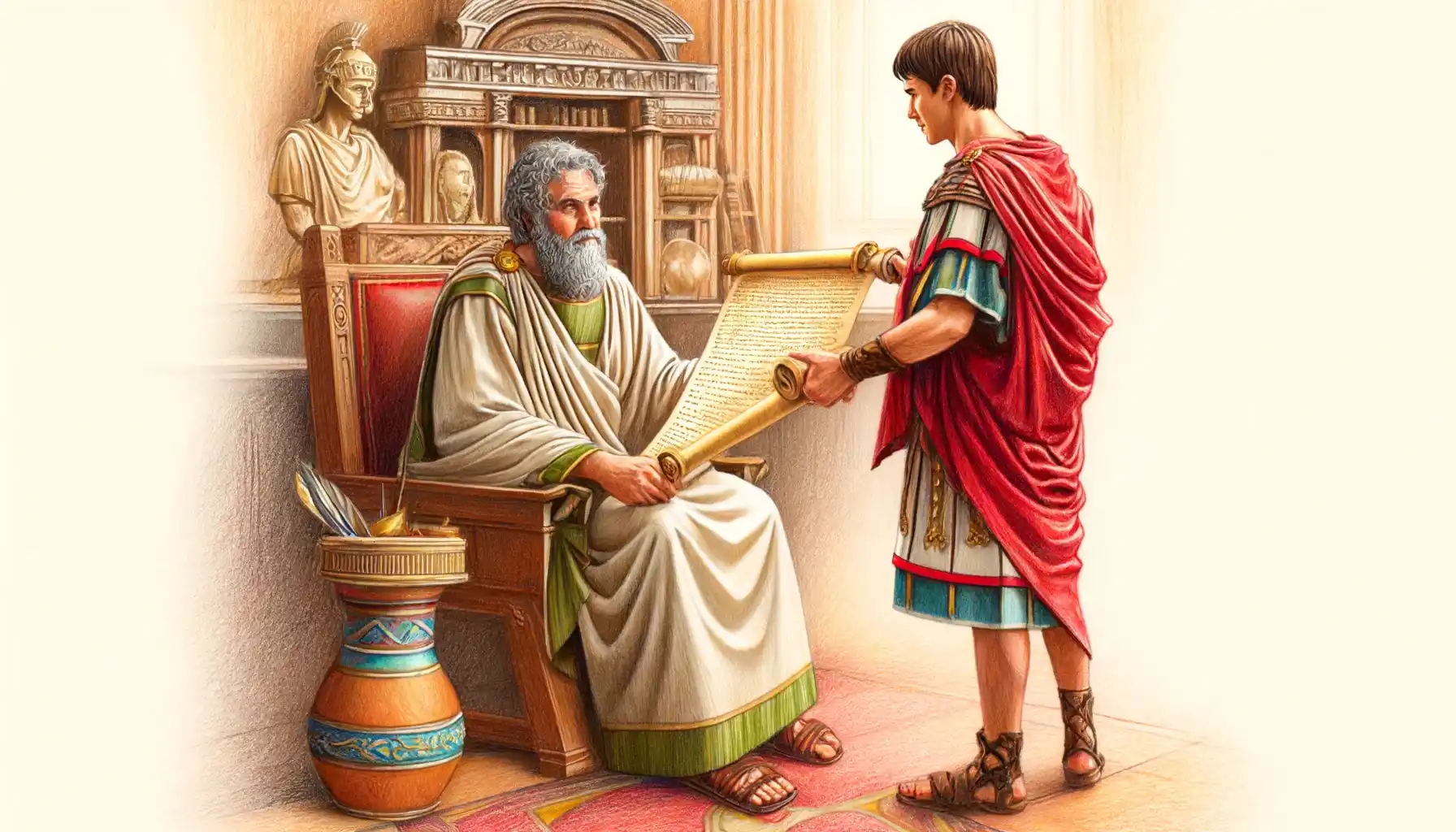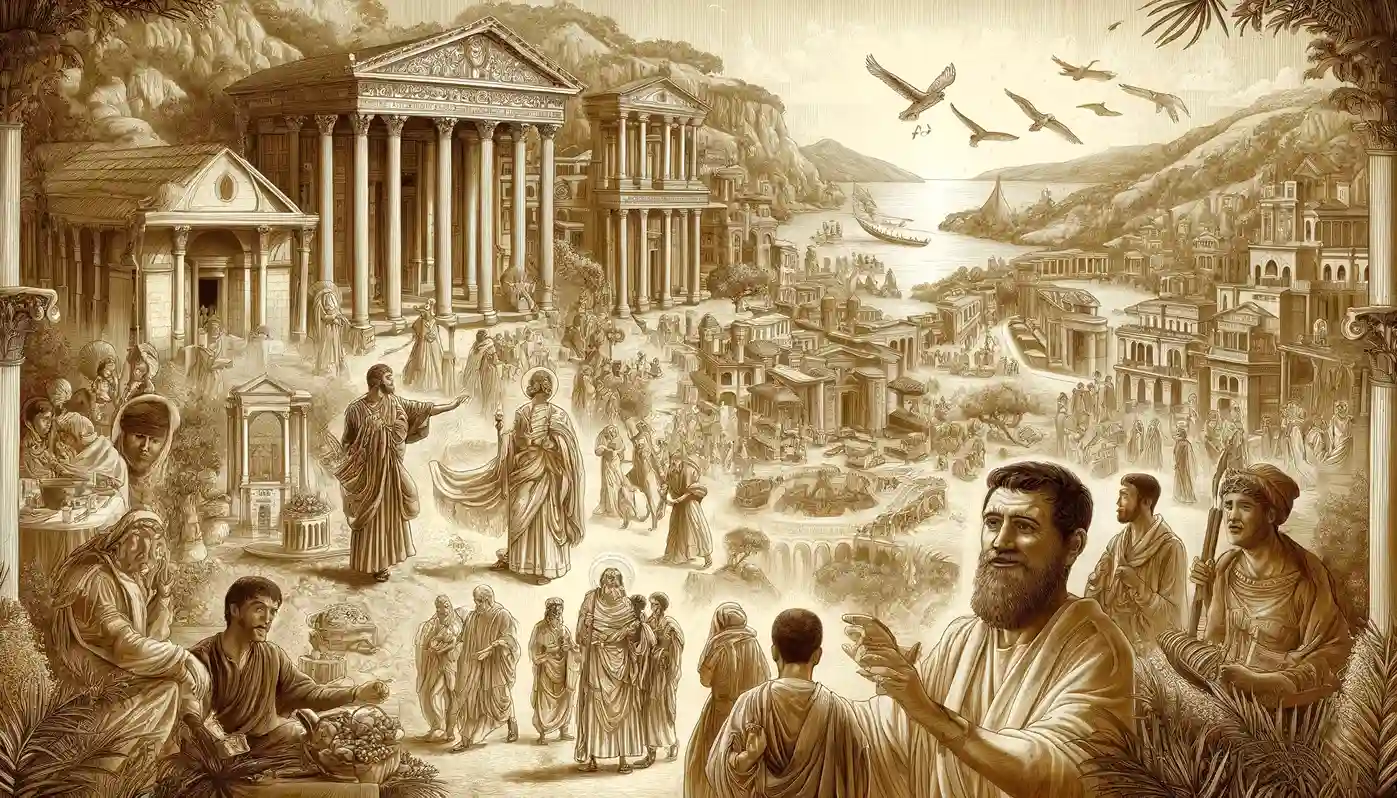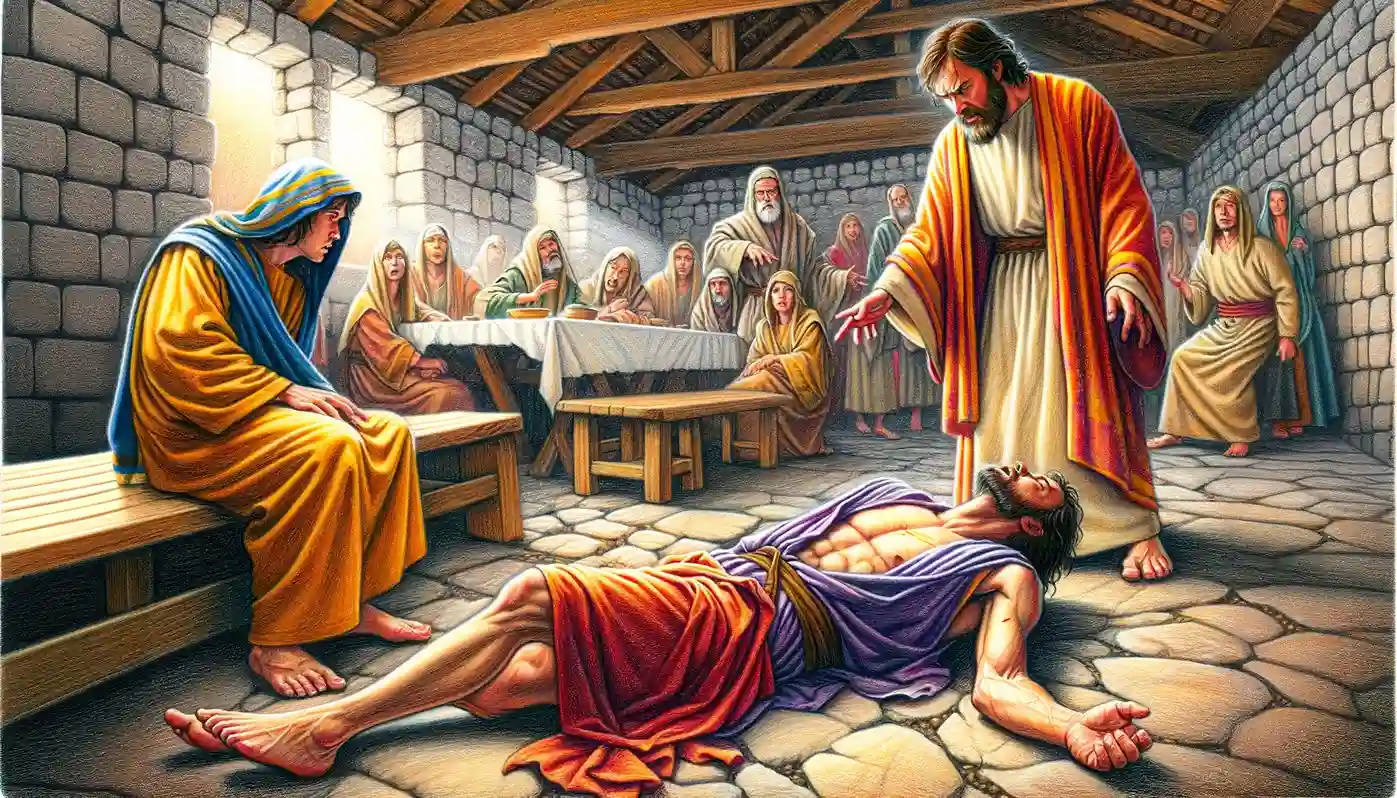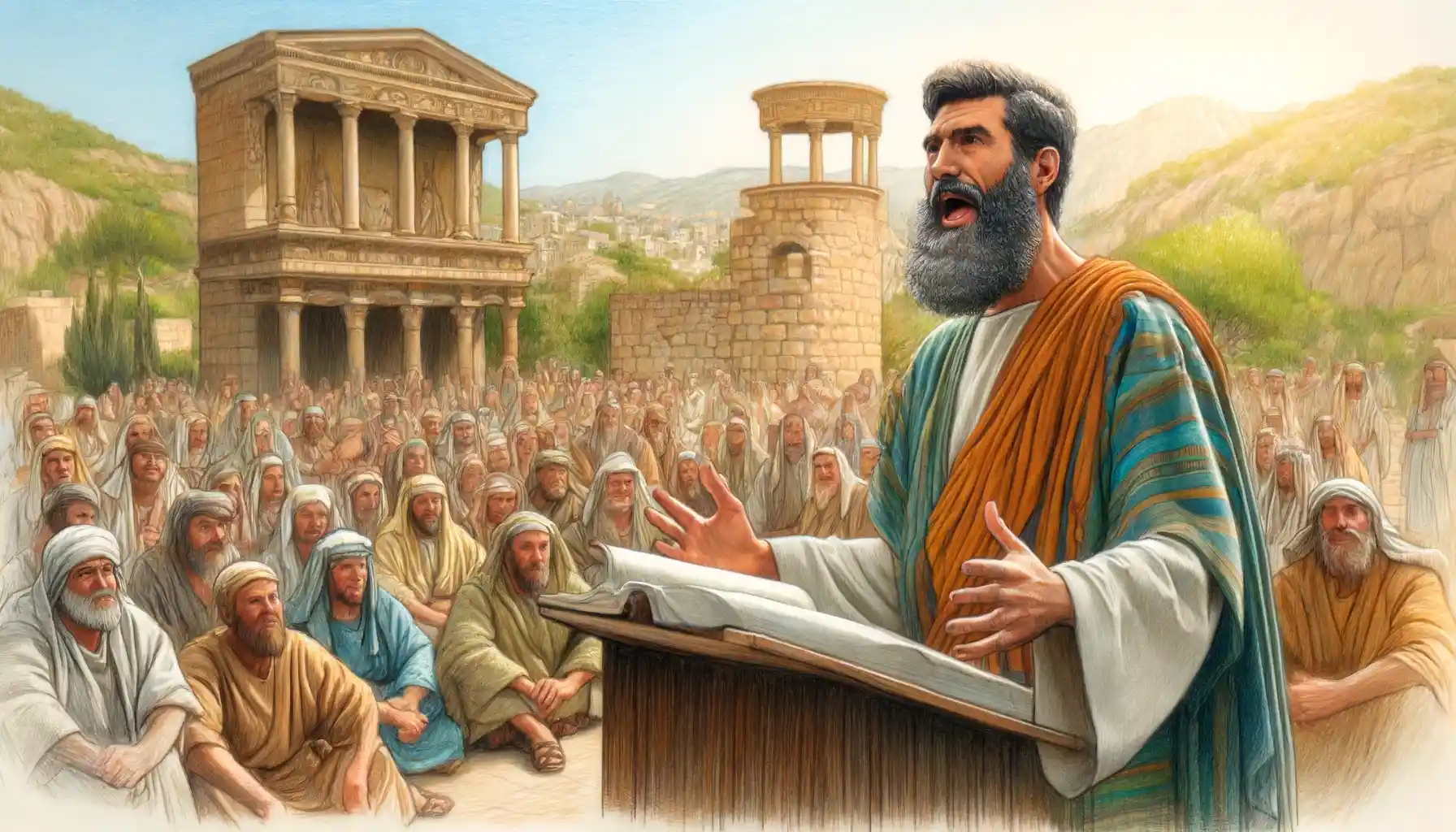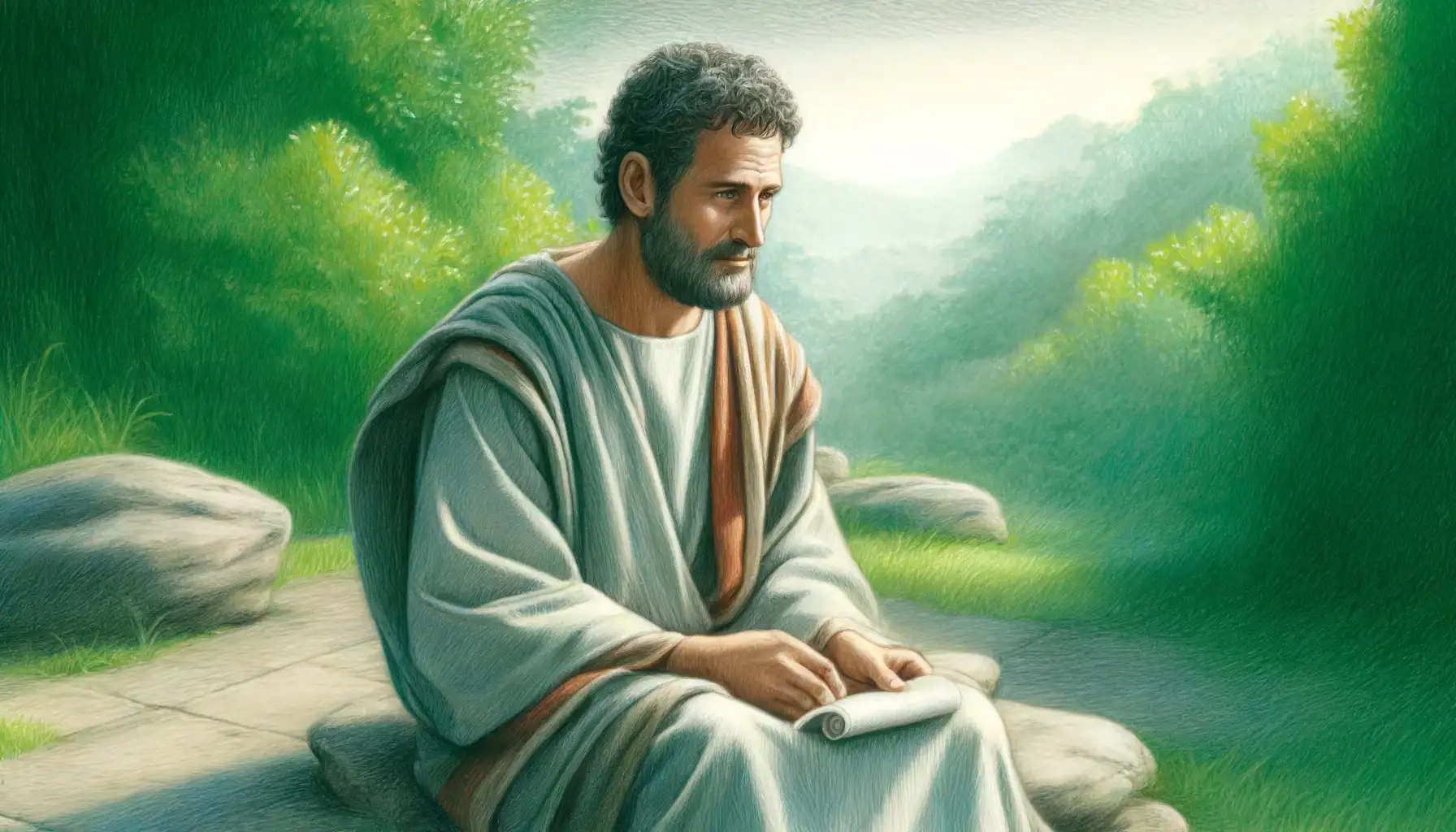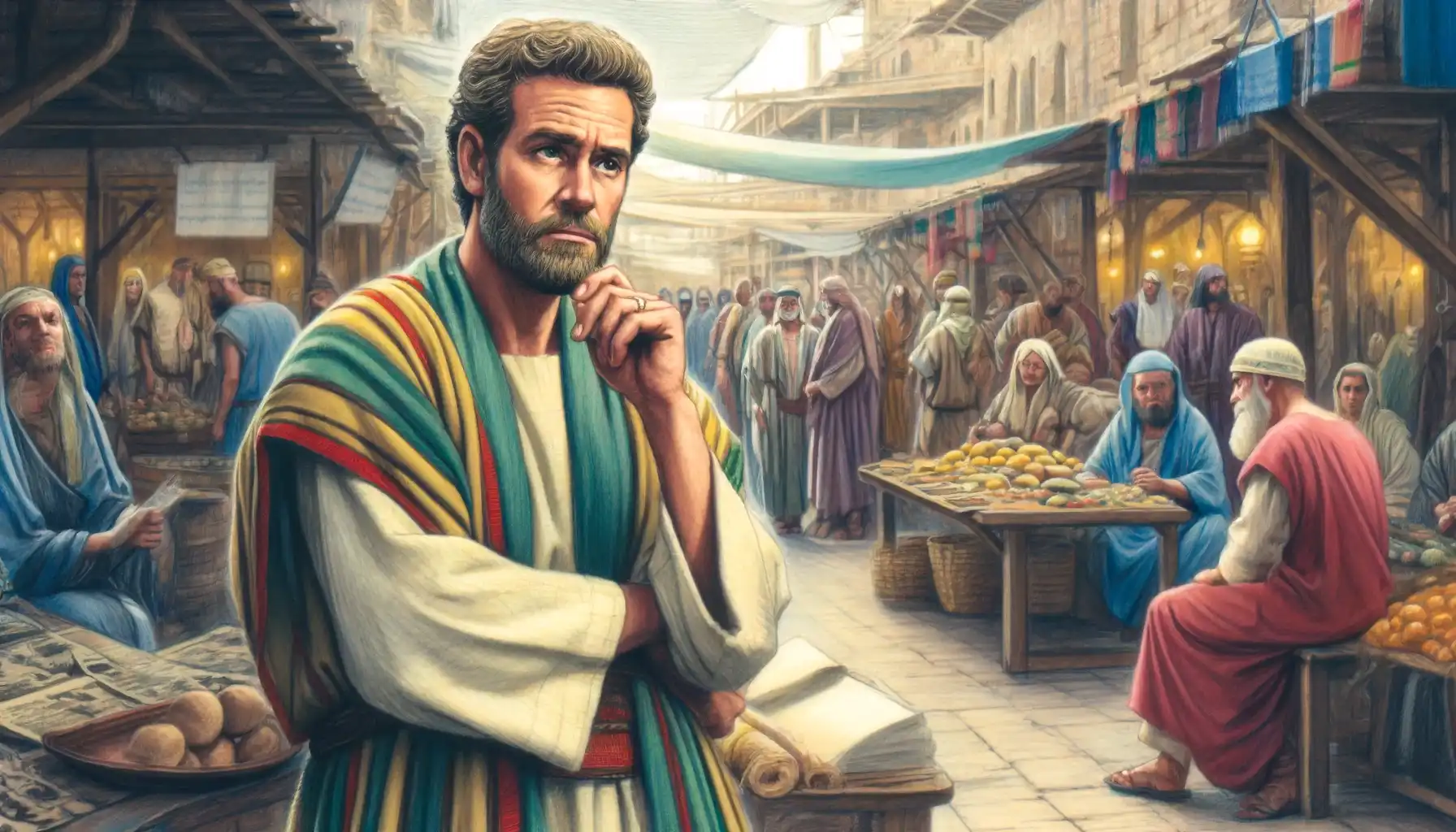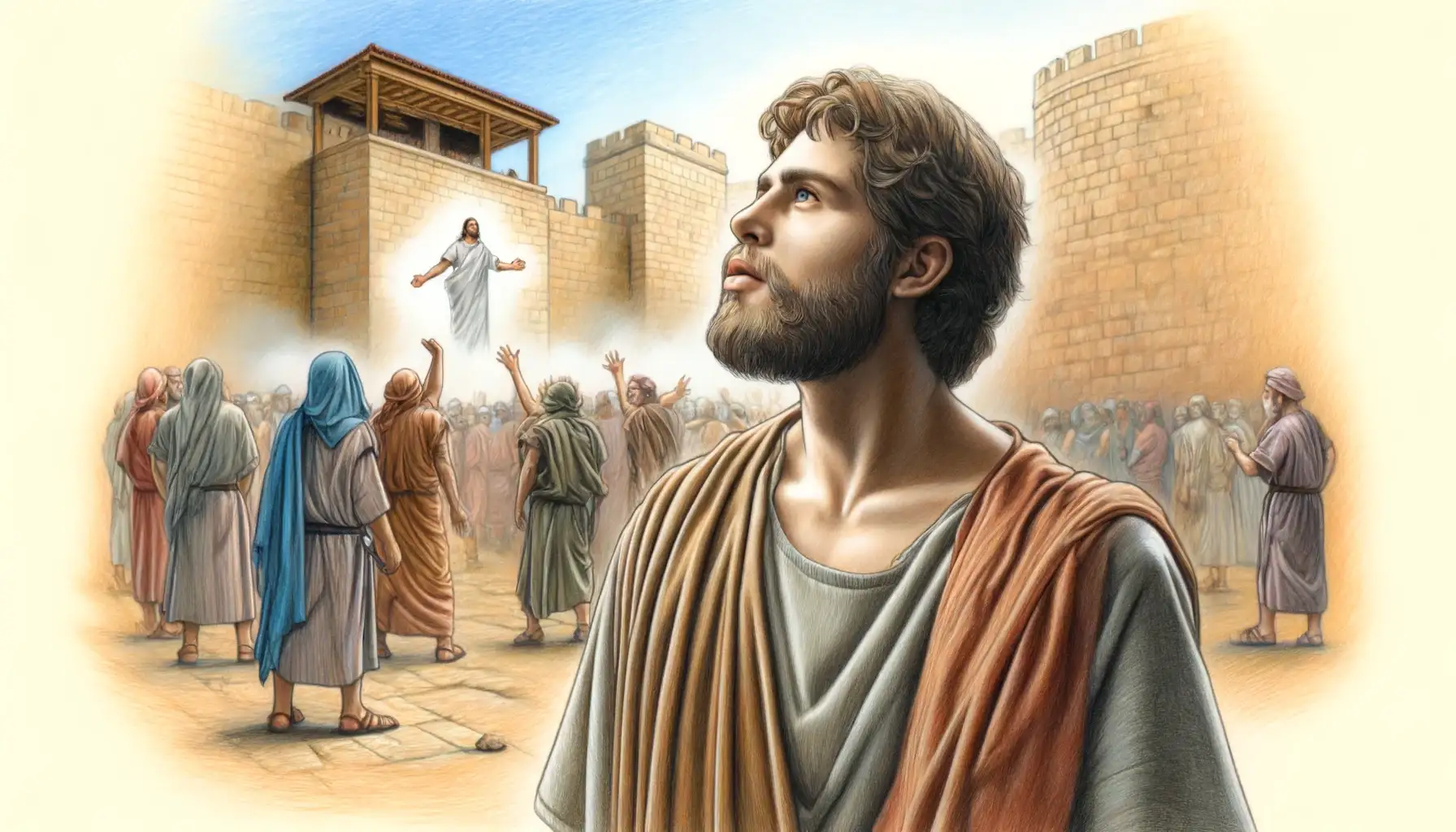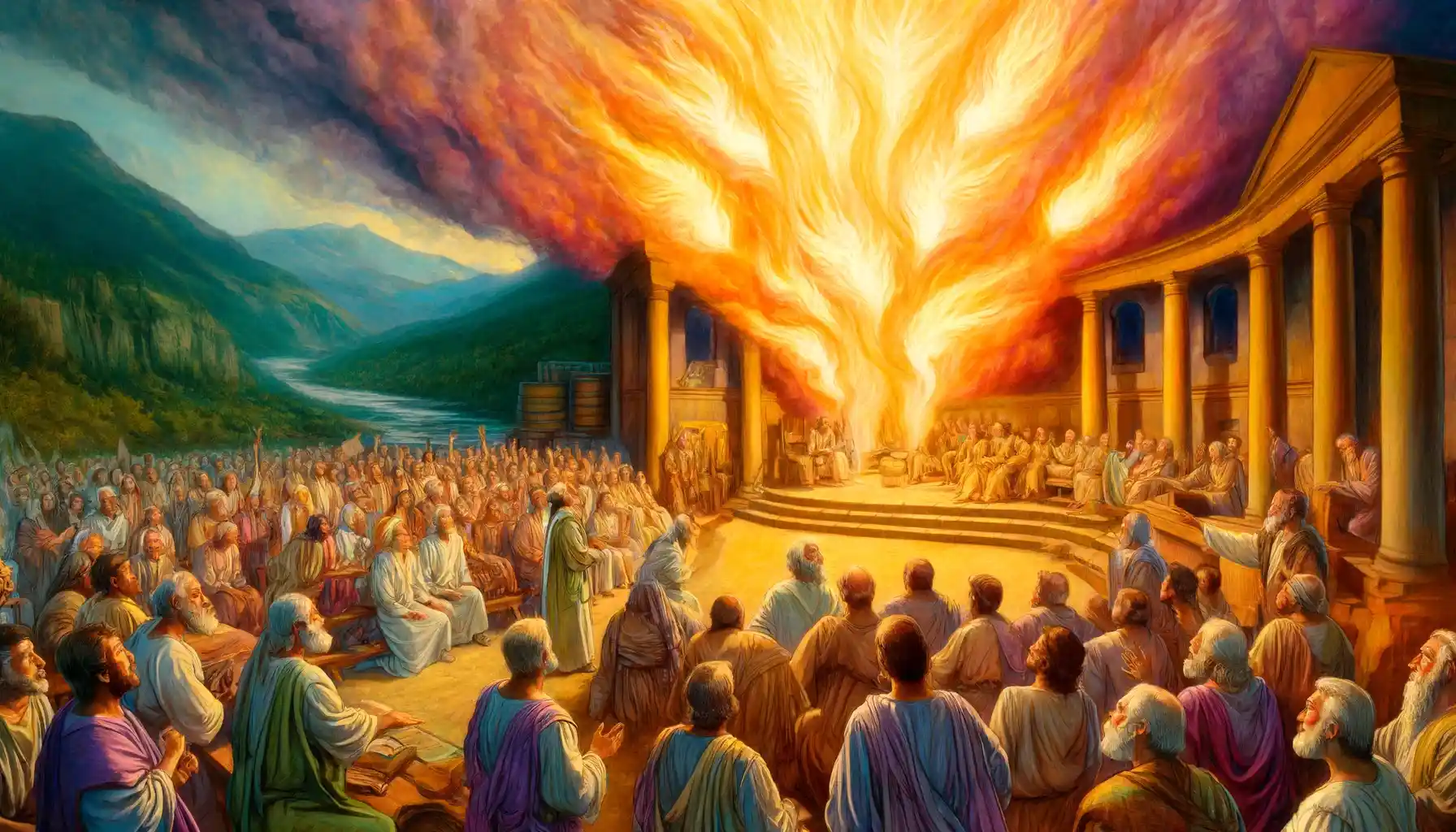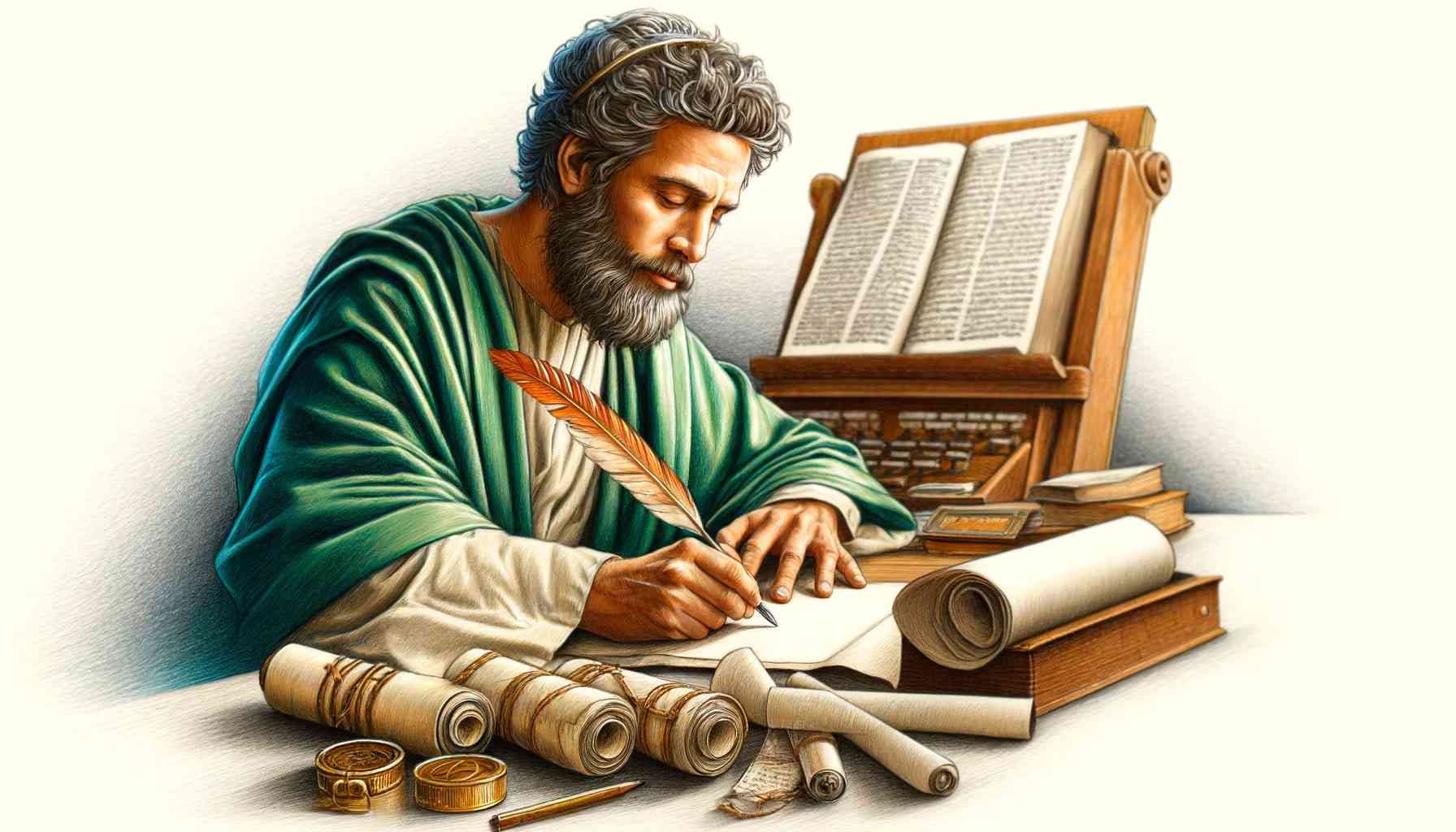Theophilus, whose name means “Friend of God,” is the recipient of the Gospel of Luke and Acts of the Apostles, with Luke’s intent being to provide an orderly account to assure Theophilus of the teachings he has received, though his exact identity remains speculative.
Paul’s missionary journeys, spanning from Antioch to cities like Ephesus, Philippi, Athens, and Corinth, were pivotal in the spread of Christianity, marked by his dedication to preaching the Gospel, performing miracles, and establishing strong early Christian communities despite numerous challenges and opposition.
Antioch, known as the “Cradle of Christianity,” was a pivotal city in early Christian history, serving as the first place where believers were called Christians, the launching point for Paul’s missionary journeys, and a key center for the inclusion of Gentiles in the faith, significantly shaping the spread and theological foundations of early Christianity.
Sapphira and Ananias were a couple in the early Christian church who were struck dead for lying to the Holy Spirit about the proceeds from a property sale, highlighting the severity of deceit in God’s community.
Barnabas’s role as an encourager, a bridge-builder between Jewish and Gentile Christians, and a pioneering missionary alongside Paul, underscores his critical contributions to the spread and establishment of early Christianity.
Philip the Evangelist is remembered for his crucial role as a deacon and evangelist, significantly contributing to the spread of Christianity beyond Jewish communities into Samaria and even Ethiopia.
Philip the Apostle, originally from Bethsaida and one of the original twelve disciples of Jesus, is depicted in the New Testament as a figure who sought practical comprehension of Jesus’ teachings, exemplified by his interactions during key events such as the feeding of the 5000 and the Last Supper. Known for his questioning nature, Philip played a crucial role in the early Christian church’s expansion, particularly among Greek-speaking communities, as highlighted by his encounter with the Ethiopian eunuch in the Acts of the Apostles. Continuing his ministry across regions such as Greece, Syria, and Phrygia, Philip’s evangelistic efforts often met with resistance from local authorities, ultimately leading to his martyrdom by crucifixion or other means, thus symbolizing the ultimate witness to his faith and marking him as a pivotal figure in the spread of early Christianity.
Stephen’s martyrdom marks a critical point in the early Christian church, symbolizing the spread of Christianity beyond Jerusalem and indicating the severe persecution that early Christians faced. His life and death encourage steadfast faith and courage in the face of opposition.
The Book of Acts is vital for understanding the development of the early Christian church and its teachings, serving as both a historical document and a theological treatise.
Luke, a Gentile physician and companion of Paul, authored the Gospel of Luke and the Acts of the Apostles, providing a meticulous and compassionate account of Jesus’ life and the early Church, emphasizing the universality of the gospel, the role of the Holy Spirit, and concern for the marginalized.

